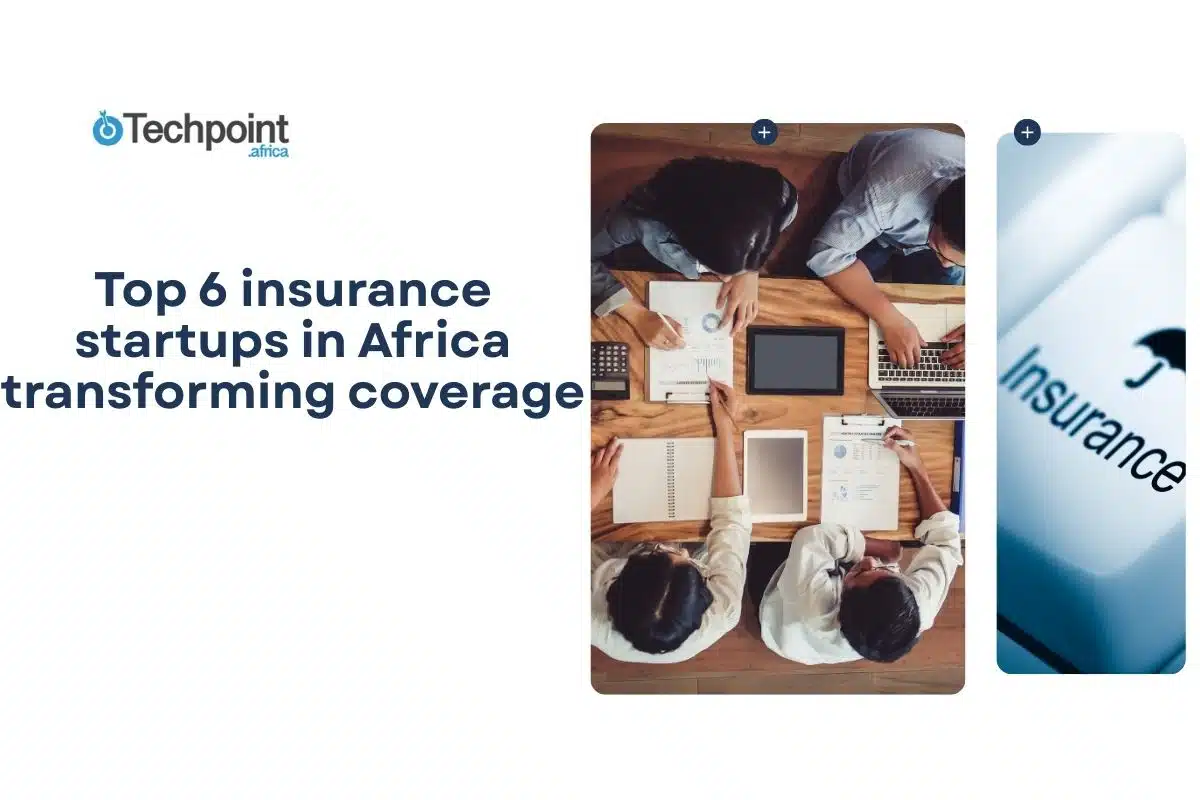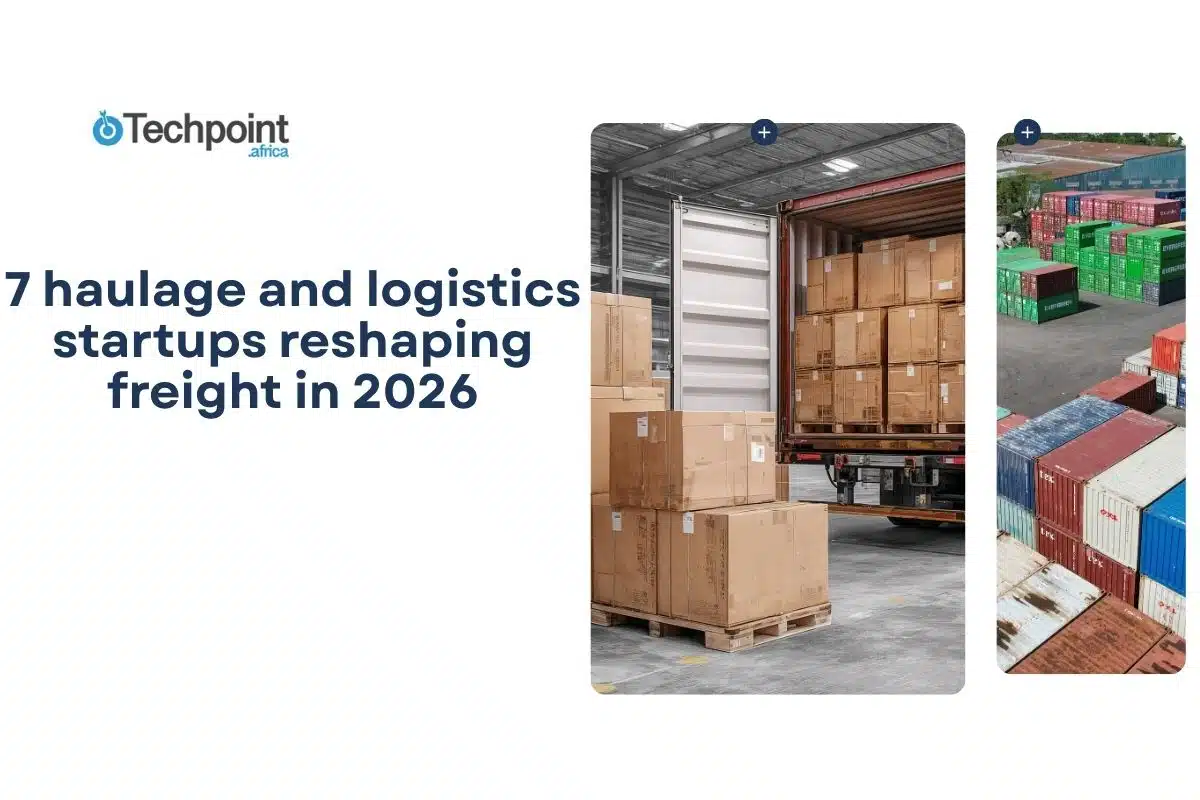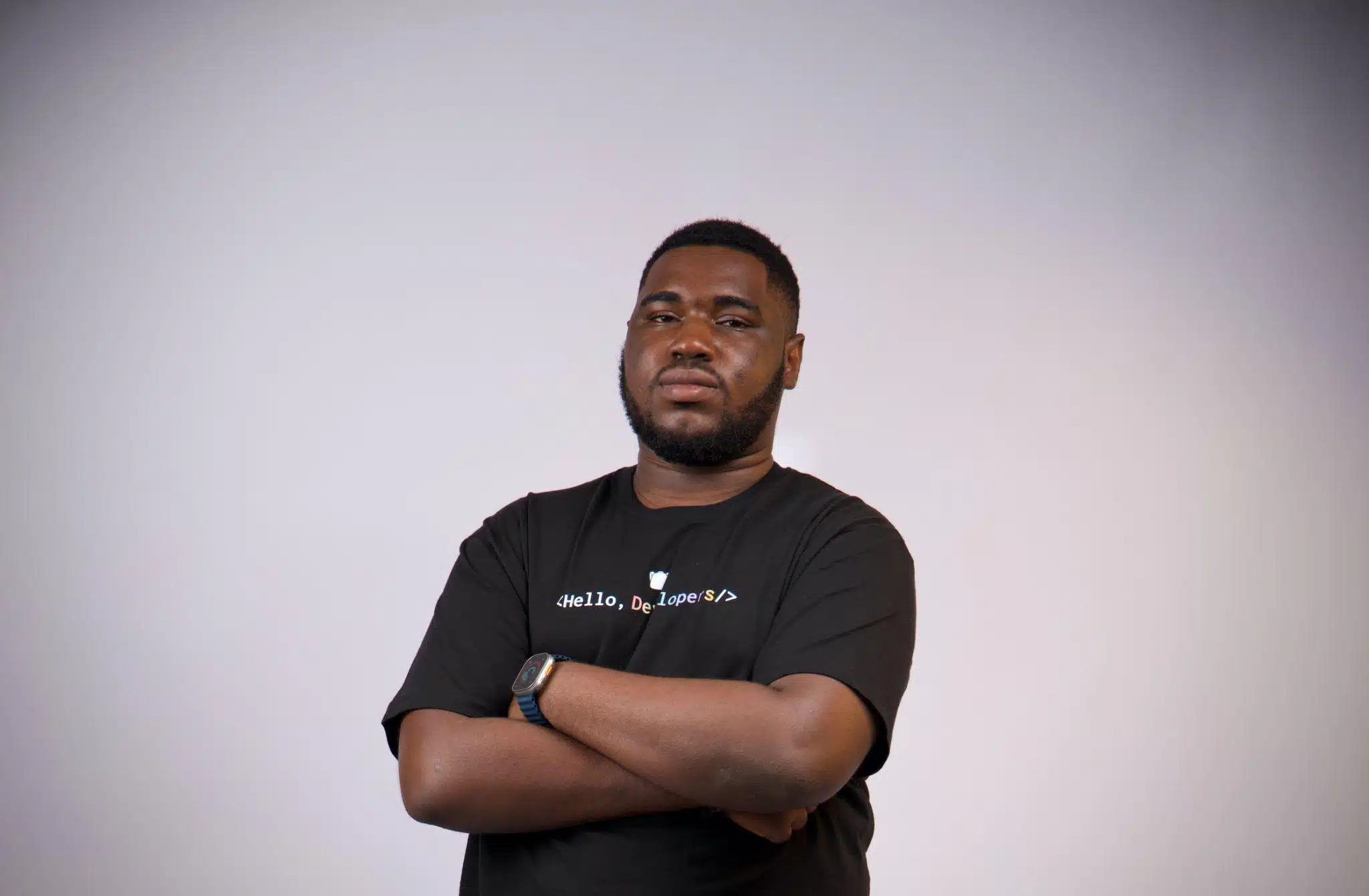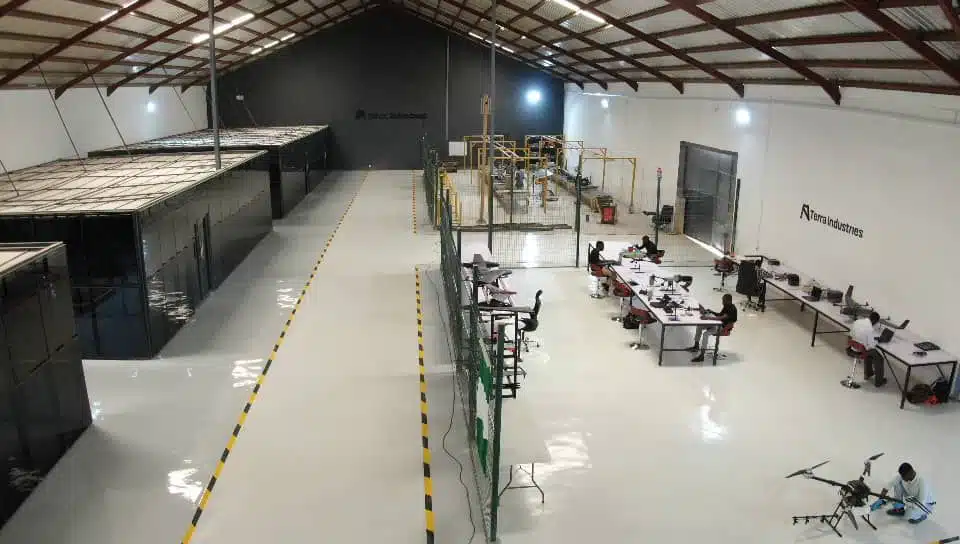Itana, Africa’s digital free zone, has launched what it describes as the continent’s first full-stack AI and data growth zone to support startups and researchers building artificial intelligence (AI) technologies.
According to a statement seen by Techpoint Africa, the full-stack AI and data growth zone promises affordable access to local GPU clusters for AI model training, low-latency data storage that complies with local regulations, and access to vetted AI developers, MLOps engineers, and data scientists.
To train AI models, African developers like Azeez Saheed rely on GPUs provided by services such as Google Colab. However, these services are quite expensive when used to train AI models over extended periods.
According to Mayowa Olugbile, Itana CEO, “Itana’s vision is to fix that gap and provide a home for the builders of Africa’s AI future. Our mission is crucial; Africa must act now to provide its builders with access to AI infrastructure or risk being permanently dependent on foreign platforms and providers.”
Many African AI founders struggle with the challenge of accessing the compute resources needed to train models.
A UNDP analysis of data scientists revealed that only about 5% of Africa’s AI talent has access to GPUs. Most must rely on tools like Google Colab or pay roughly $1,000 per month for minimal cloud usage, equating to just two hours daily on older hardware.
This severely limits iteration speed. While developers in advanced markets might refine a model every 30 minutes, their African counterparts may wait several days between changes.
While other startups like Case Radar depend on existing AI infrastructure to build, Iyinoluwa Aboyeji, General Partner at Future Africa — an investor in Itana — said, “Africa will not win in the AI age by consuming what the rest of the world builds. We’ll win by creating the infrastructure that allows our people to build for themselves.
“What Itana is doing with this AI/Data Hub is laying the foundation for a sovereign, globally competitive tech future. This is how we take our place at the frontier.”

Victoria Fakiya – Senior Writer
Techpoint Digest
Make your startup impossible to overlook
Discover the proven system to pitch your startup to the media, and finally get noticed.
While this launch marks a significant step forward, the true impact will depend on how widely accessible and consistently maintained the infrastructure becomes.











